Entry Category: Government and Politics
George, Charles Lindbergh
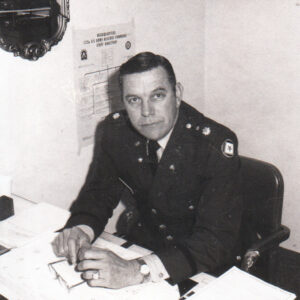 Charles Lindbergh George
Charles Lindbergh George
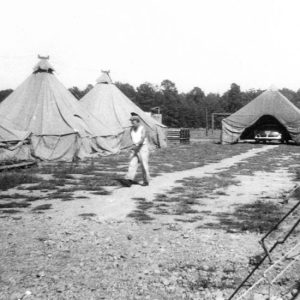 German POW Camp
German POW Camp
GI Revolt
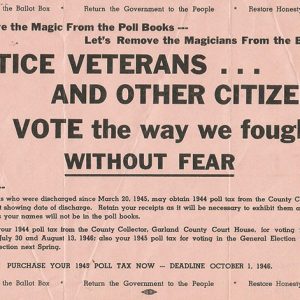 GI Revolt Flyer
GI Revolt Flyer
Gibson, Lorenzo
Gillam, Isaac Taylor
Gillett Coon Supper
Glascock, Darrell
Glasgow Affair
Global Ties Arkansas
aka: Arkansas Council for International Visitors
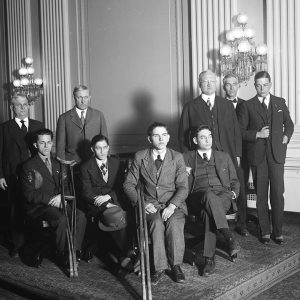 D. D. Glover and Committee
D. D. Glover and Committee
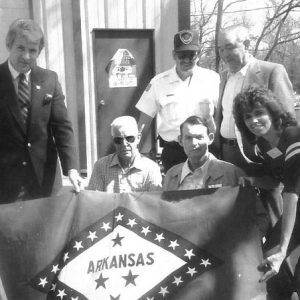 Bobby Glover
Bobby Glover
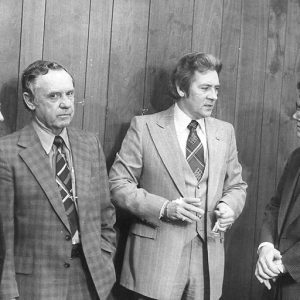 Bobby Glover
Bobby Glover
Glover, D. D.
aka: David Delano Glover
Gober, Hershel Wayne
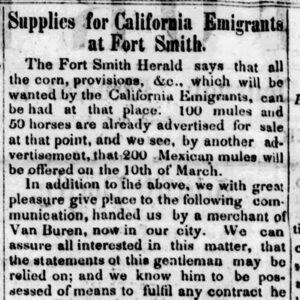 Gold Rush Preparations
Gold Rush Preparations
Good Government Committee (Little Rock)
Goodwin, William Shields
 Gordon Campaign Letter
Gordon Campaign Letter
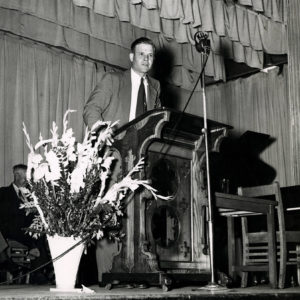 Nathan Gordon
Nathan Gordon
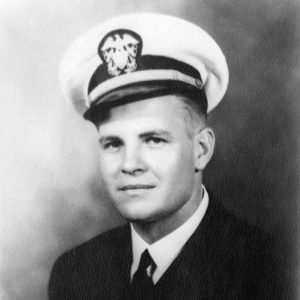 Nathan Gordon
Nathan Gordon
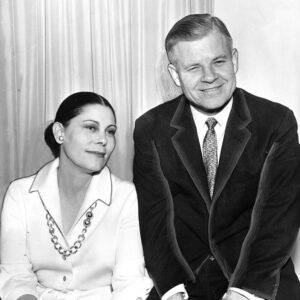 Nathan and Virginia Gordon
Nathan and Virginia Gordon
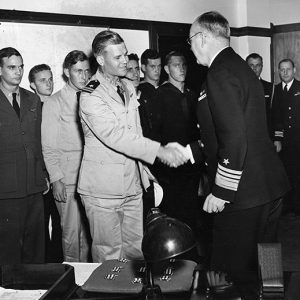 Nathan Gordon Receiving the Medal of Honor
Nathan Gordon Receiving the Medal of Honor
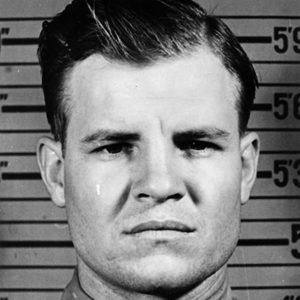 Nathan Gordon
Nathan Gordon
Gordon, Nathan Green
Goss, Kay
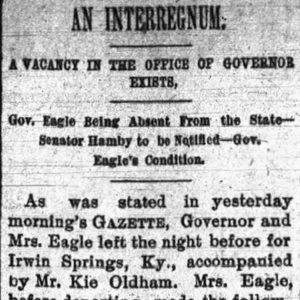 Governor Vacancy Article
Governor Vacancy Article
Governor, Office of the
Governor’s Mansion
aka: Arkansas Governor's Mansion
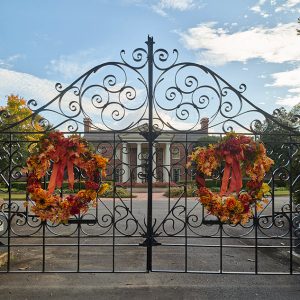 Governor's Mansion Gate
Governor's Mansion Gate
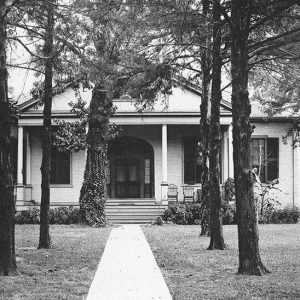 Governor's Residence
Governor's Residence
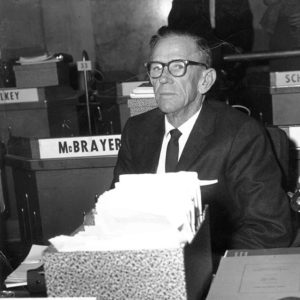 Paul M. Graham
Paul M. Graham
Graham, Paul Miller
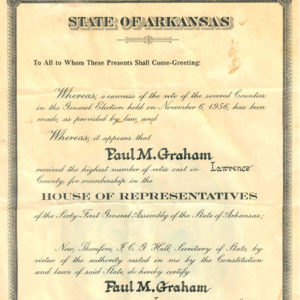 Graham's Diploma
Graham's Diploma
Grand Army of the Republic (GAR)
Grand Gulf Affair
 Grand Gulf Nuclear Generating Station
Grand Gulf Nuclear Generating Station
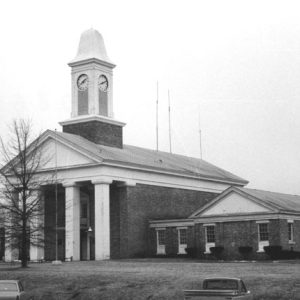 Grant County Courthouse
Grant County Courthouse
Green Party (GPA)
Green, Mary Beth Caldwell
Greenback Party
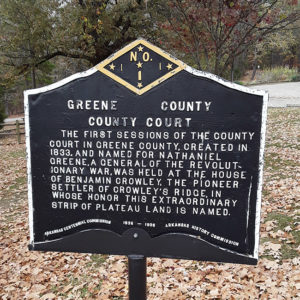 Greene County Court Plaque
Greene County Court Plaque
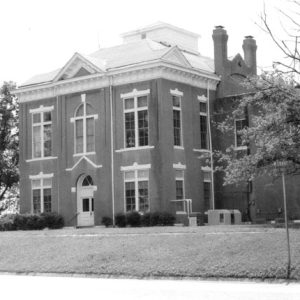 Greene County Courthouse (1888)
Greene County Courthouse (1888)
Greenwood, Alfred Burton
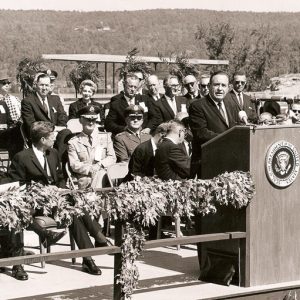 Faubus Speech at Greers Ferry
Faubus Speech at Greers Ferry
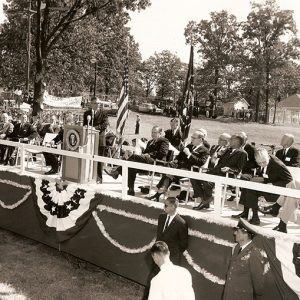 Wilbur Mills at Greers Ferry Dam
Wilbur Mills at Greers Ferry Dam
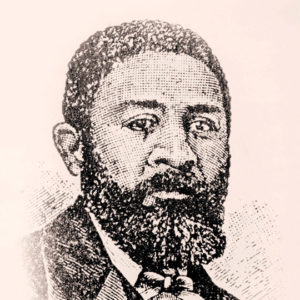 William H. Grey
William H. Grey




